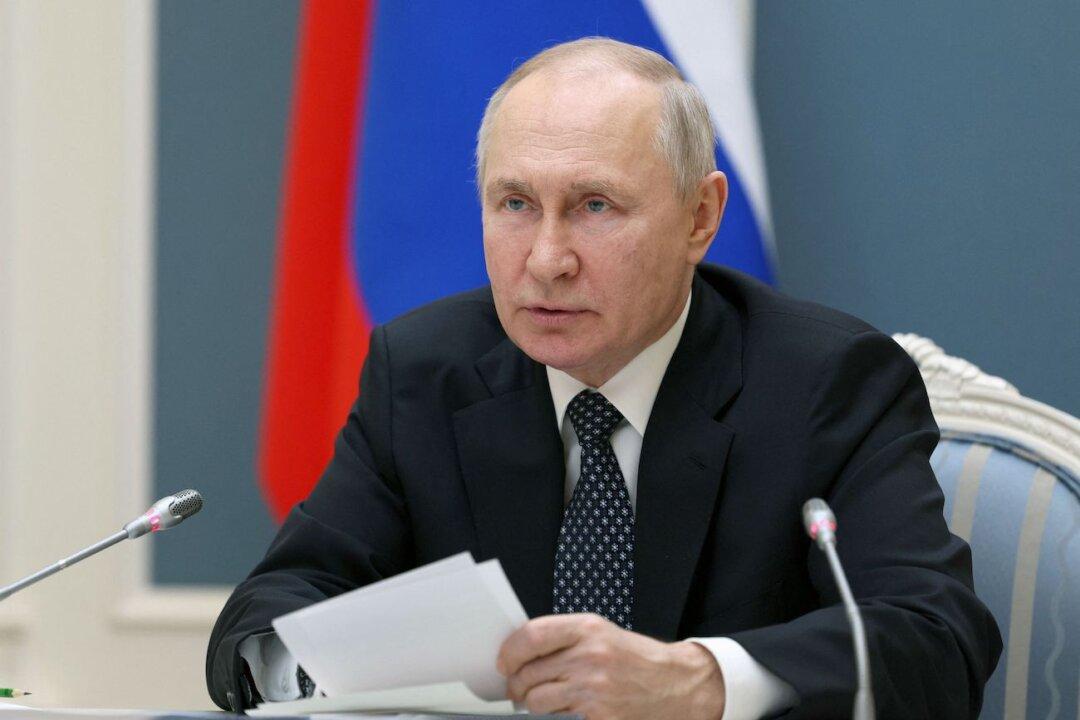Russian President Vladimir Putin said the relations between the United States and Russia are “in a deep crisis,” while Russian Deputy Foreign Minister Sergey Ryabkov said that Moscow is now in a “hot conflict” with Washington.
Putin made his remarks while addressing new U.S. Ambassador Lynne Tracy on Wednesday. Tracy was among 17 ambassadors who presented their diplomatic credentials to Putin at a televised ceremony in the Kremlin.




